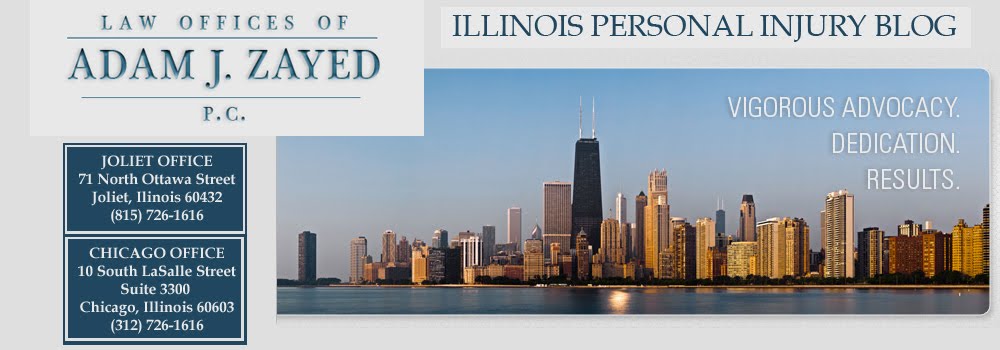In Illinois, learned medical treatises can still be used under certain circumstances and with numerous limitations. In Illinois medical texts are considered hearsay and therefore inadmissible Hoem v. Zia, Ill.App.3d 601 (4th Dist. 1992). However, when a medical text is deemed "authoritative" by an expert or by judicial notice, it can be used for impeachment on cross-examination. Darling v. Charleston Community Memorial Hospital, 33 Ill.2d 326 (1965). The language used to establish a book as authoritative includes the following words and phrases: "authoritative," "standard," "well-respected," "a very good book," "a standard book," and/or "a good source." The foundation for having a treatise recognized as authoritative can also be made by seeking judicial notice of the author's competence, or concession by the witness.
Learned medical treatises do not need to be disclosed if they will solely be used to cross-examine an opposing party's opinion witness. Medical literature must specifically relate to the plaintiff's specific medical condition. Experts cannot read from or summarize medical literature as a basis for their opinions on direct examination.
Finally, there is an interesting crossroads concerning achieving the use of learned treatises on cross-examination. While learned treatises that will be used on cross-examination do not need to be disclosed, the opinion that literature is authoritative must be disclosed, if the intention is to have the party's witness testify as to authoritativeness on direct examination.
The rules and laws concerning the admissibility of learned treatises are rich and nuanced. It is very important to have a thorough plan if the intention is to use learned treatises for cross-examination.
